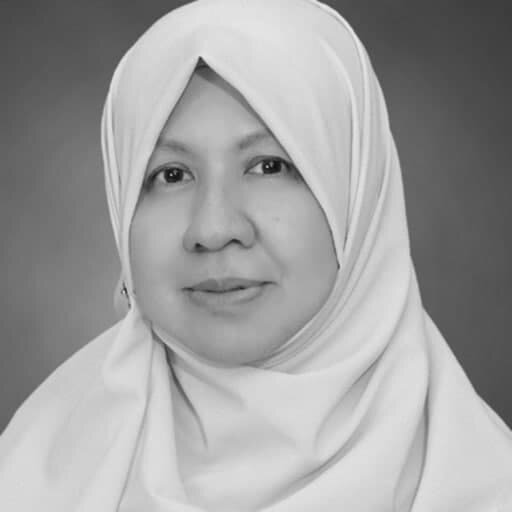Wahhabism lacks rationality: Indonesian expert

TEHRAN – An Indonesian expert in international relationship says that Wahhabism lacks rationality and it creates division, instead of unity, among the Islamic Ummah.
Dina Yulianti tells the Tehran Times that Wahhabism “does not encourage rationalist thinking”.
“The doctrines put forward by Wahhabism are purification and takfirism. Such doctrines will lead to division and conflict among the Muslim world,” Yuliant remarks.
The lecturer of the International Relations Program at Universitas Padjadjaran believes that Islamic civilization requires rationality and unity.
“So, how is it possible for such a teaching to be the leader of the Islamic world?” she asks.
Following is the text of the interview:
Q: What is your evaluation of some sectarian tensions in West Asia that were sponsored by the West in order to sow the seeds of discord between Shia and Sunni?
A: During the ten years of the Syrian war, the West, assisted by (Persian) Gulf countries, tried to create an image that the Assad regime was a Shia regime that carried out massacres of Sunni civilians. However, this distorted information was finally revealed. The public is now aware that the ones attacking the Syrian government and its people are takfiri groups affiliated with Al Qaeda and Daesh. Sectarian issues are only used to mobilize fighters and seek support from Muslims around the world. Now we see several Arab countries are trying to establish relations with Damascus again. This development shows that the West constructs the Sunni-Shia conflict to overthrow a regime they do not want.
Q: Do you think Wahhabism has enough capabilities to lead the Islamic world?
A: Islamic civilization requires rationality and unity. Wahhabism, on the contrary, is very textual and does not encourage rationalist thinking. The doctrines put forward by Wahhabism are purification and takfirism. Such doctrines will lead to division and conflict among the Muslim world. So, how is it possible for such a teaching to be the leader of the Islamic world?
“If we look closely, the European Union is not that united. Q: How can Muslim states agree on a mechanism to consolidate Islamic unity?
There are two conditions needed to create Islamic unity; first, it needs awareness about the importance of unity. The Muslims must realize that without unity, they continue to be marginalized and hegemonized by external forces. Second, it is necessary to carry out internal dialogue to understand each other and resolve issues that are a source of division among Muslims.
Q: Don’t you think that Afghanistan under the rule of the Taliban will turn into a new epicenter for export of terrorism?
A: It depends on the ability of the Taliban regime to fulfill its promises to the international community, including promoting unity and inclusiveness among the Afghan nation and rejecting terrorism and violence under the name of religion.
Q: Why are Muslim states trying to ignore or marginalize each other while European states succeeded to build a bloc?
A: If we look more closely, the European Union is not that united. The Covid-19 pandemic has proven that rich EU countries are selfish and refuse to help poorer European countries. President Aleksandar Vucic once criticized this selfish attitude by saying, "European solidarity does not exist… that was a fairy tale. The only country that can help us in this hard situation is the People's Republic of China. To the rest of them, thanks for nothing."
When we talk about divisions and conflicts in the Islamic world, we need to consider two factors. First, the spreading of takfirism, and second, the Western powers which in various ways, including by using the Muslims hands themselves, to pitting Muslims against each other.
